Russian MFA’s call to address child abuse in Uzbekistan sparks debate over external interference
A recent incident at a Tashkent school has sparked controversy after a teacher was reported to have physically assaulted a student during a Russian language lesson. According to local sources, the altercation began when the student requested that the lesson be conducted in Russian rather than Uzbek. In response, the teacher allegedly pulled the student by the ear, dragged him from his desk, and slapped him.
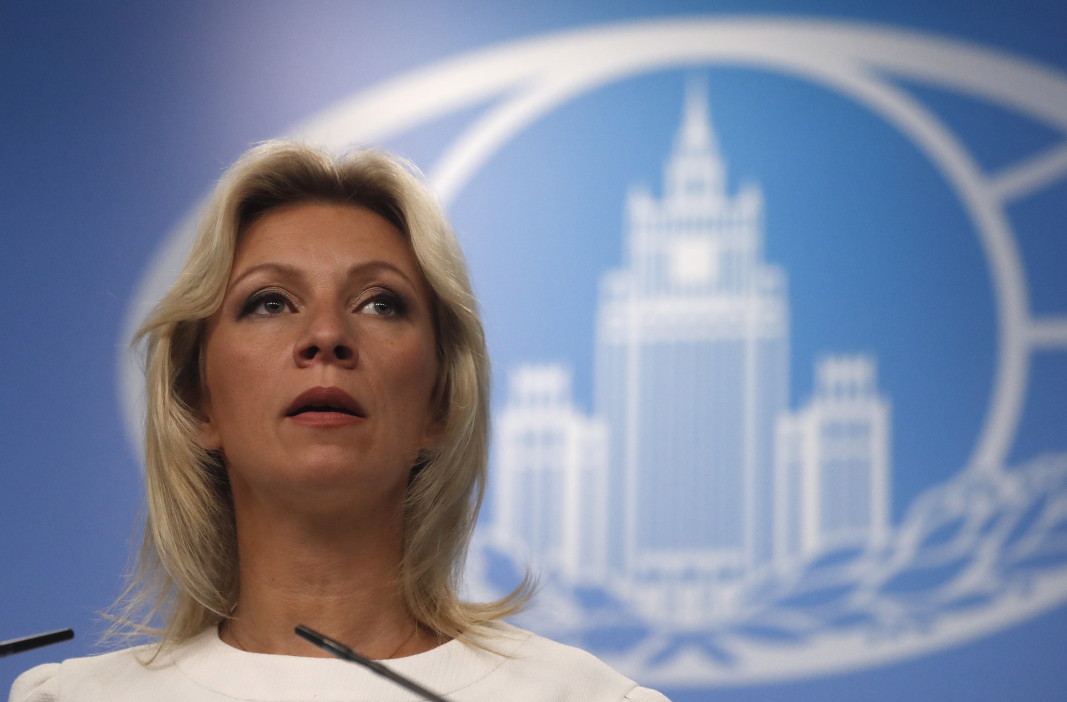
Фото: EPA
The incident has drawn the attention of the Russian Ministry of Foreign Affairs, which issued a formal statement expressing concern over the situation. The Russian authorities called for the Uzbek side to thoroughly investigate the matter and, if the allegations are substantiated, to take appropriate action against the teacher responsible for the mistreatment.
The Russian Foreign Ministry official Maria Zakharova stated, “The contents of the video evoke deep concern and sympathy for the child involved. We have requested official explanations from the Uzbek side regarding the incident.”
While the statement emphasized the strategic partnership and friendly relations between Russia and Uzbekistan, it also underlined the importance of addressing the issue to prevent any tensions, particularly those rooted in language. “There is no place for any form of animosity, especially on linguistic grounds, in the strategic partnership between our nations,” the statement continued. The ministry also reminded the public of the “positive influence of the centuries-long use of the Russian language” in various aspects of society, including cultural, educational, scientific, and socio-economic spheres.
However, Russia's direct intervention in Uzbekistan's internal matters raises significant concerns. Such interference in the internal affairs of a sovereign nation contravenes international laws and norms of bilateral relations. Uzbekistan, as an independent state, reserves the right to handle its domestic issues without external pressure. Any attempt by a foreign nation, including Russia, to influence internal decisions regarding educational policies or disciplinary actions within schools is impermissible and undermines the principles of national sovereignty and mutual respect.
The Uzbek government is expected to conduct an impartial investigation into the incident, ensuring that justice is served in line with its national laws and policies. While the protection of children’s rights is paramount, external interference in how these issues are addressed should not be tolerated.
Recommended
List of streets and intersections being repaired in Tashkent published
SOCIETY | 19:12 / 16.05.2024
Uzbekistan's flag flies high on Oceania's tallest volcano
SOCIETY | 17:54 / 15.05.2024
New tariffs to be introduced in Tashkent public transport
SOCIETY | 14:55 / 05.05.2023
Onix and Tracker cars withdrawn from sale
BUSINESS | 10:20 / 05.05.2023
Latest news
-
Uzbekistan tops medal table at Asian Cadet Judo Cup in Kazakhstan
SPORT | 18:42 / 05.07.2025
-
Uncertainty grows as new homes remain without gas supply
SOCIETY | 17:46 / 05.07.2025
-
Uzbekistan plans to launch national ferry service in Caspian Sea
SOCIETY | 16:03 / 05.07.2025
-
Dozens of violations, zero accountability: Fergana police cancel fines for chief’s wife’s car
SOCIETY | 16:02 / 05.07.2025
Related News
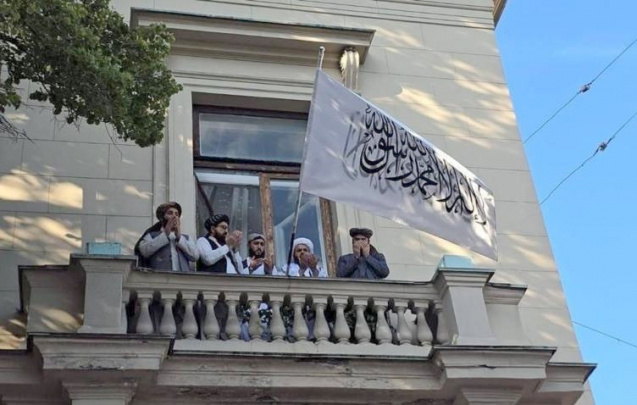
11:49 / 04.07.2025
Russia officially recognizes Islamic Emirate of Afghanistan, eyes economic cooperation
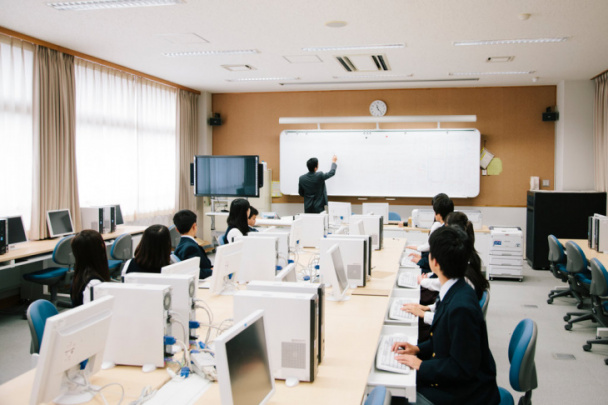
12:24 / 03.07.2025
Government tightens rules on private university licensing
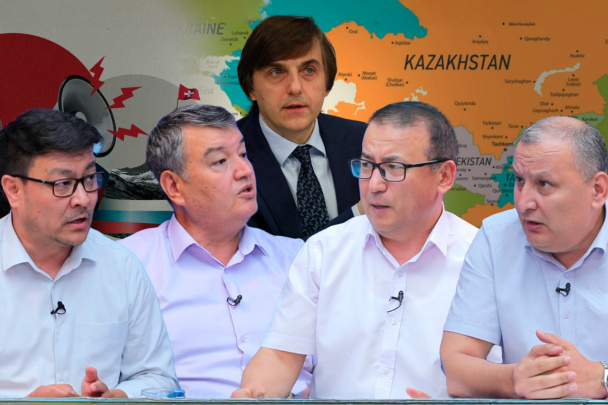
20:20 / 01.07.2025
“Russia’s colonial past in Central Asia cannot be whitewashed” — Experts reject RF’s ‘shared history’ narrative
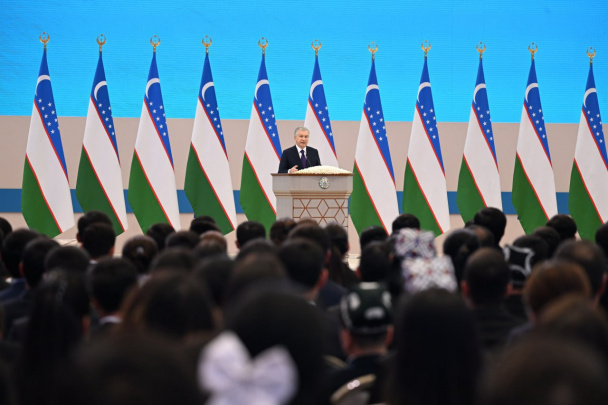
16:36 / 30.06.2025



